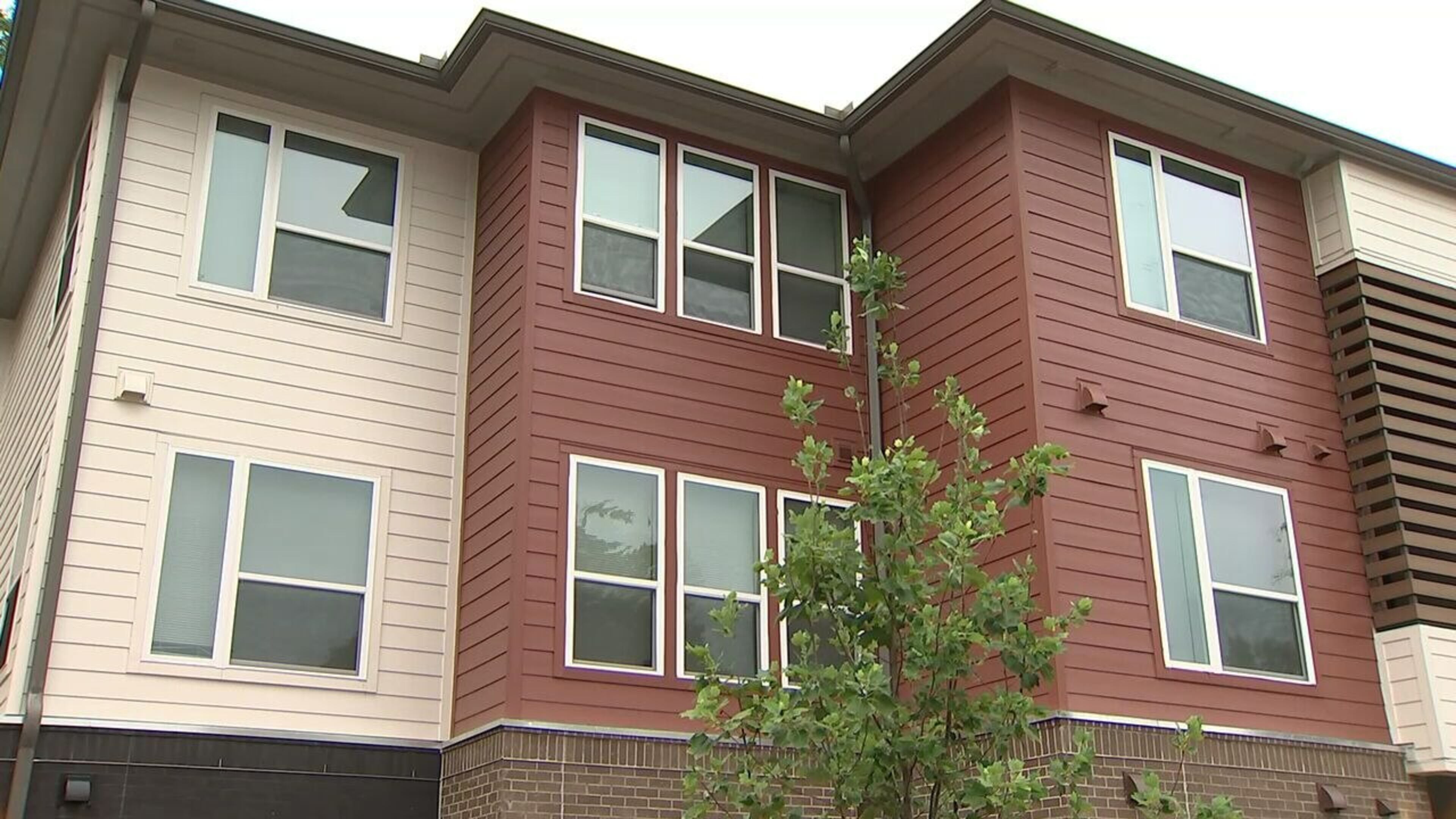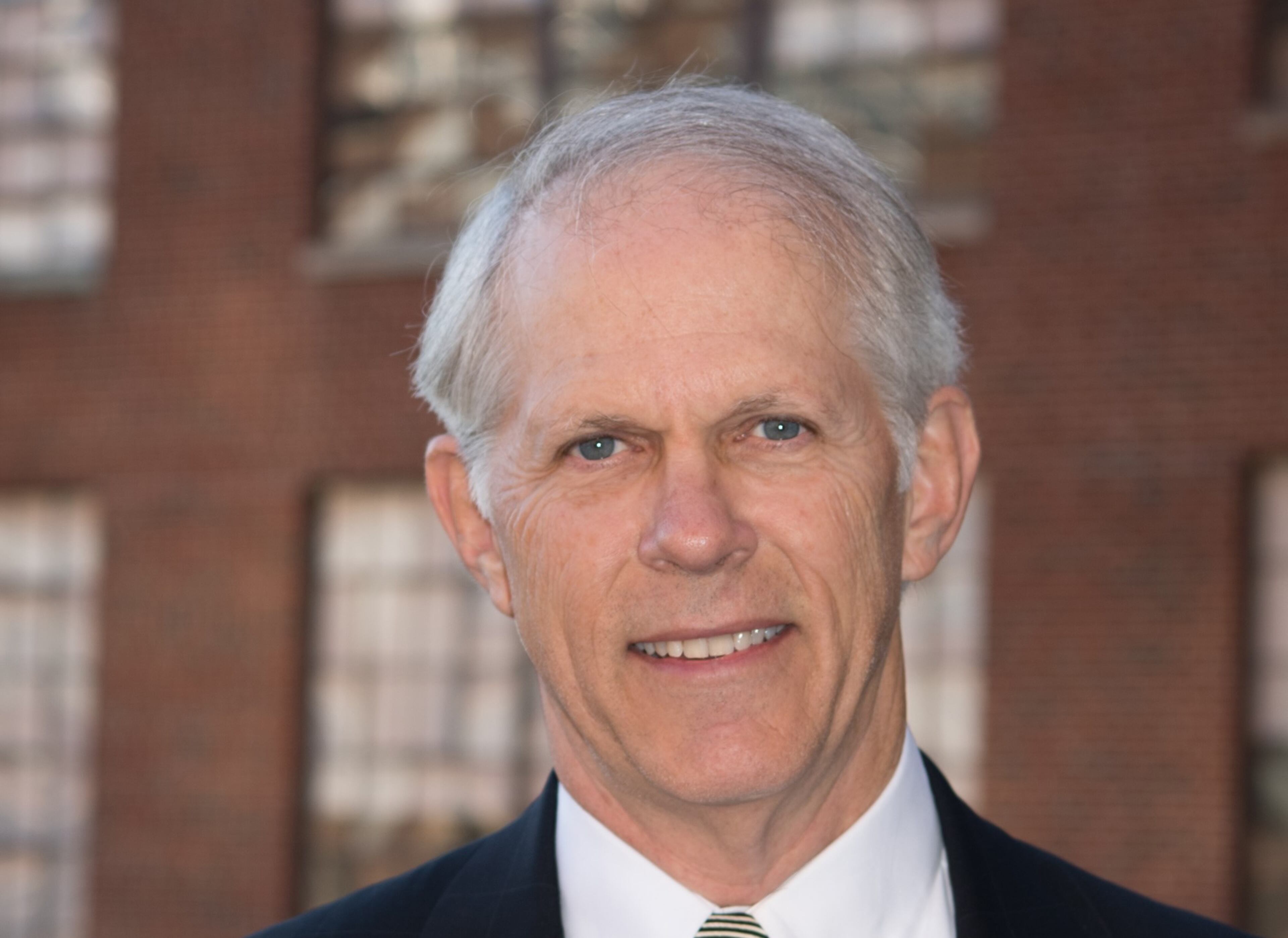Opinion: How we can build more affordable housing

Affordable housing is topping the list of public concerns, with more funding, more activity and more public support than ever before, yet statistics indicate that we are making little headway. Why?
The answer brings to mind James Carville’s famous dictum: “It’s the economy, stupid”! Unless more profound changes are made, the market will dwarf efforts to develop affordable housing, as the private market commands vastly more resources than meager public funding that undergirds the development of affordable housing. To make such changes, root causes must be understood.
Fundamentally, economic development and investment capital have taken far greater precedence over the rising need for affordable housing. No surprise there. But this is Atlanta, whose very slogan, the “beloved community”, promoted by the Chamber of Commerce no less, is in jeopardy as the more affluent crowd out lower-income residents, many longtime and mostly Black.

Obviously, intergenerational poverty greatly impacts housing affordability. Compounding that challenge is that Atlanta is saddled with the shameful legacy of Jim Crow, which has left deeply embedded racial and income disparities in many of our city’s neighborhoods. (That history helps explain our dismal national rankings in terms of income mobility, the “American Dream” metric.)
Markets have a huge impact. Here are three emblematic examples.
The financing of everyone’s favorite public infrastructure, the Beltline, exemplifies the profound contradiction between the rhetoric of affordable housing and the reality of the market. The Beltline’s primary source of funding is the Tax Allocation District, which is predicated on increasing property values to deliver increased tax receipts. These rising property values, due to economic development triggered by public amenities brought by the Beltline, present the greatest barrier to developing affordable housing around the Beltline.
Until we decide that affordable housing is infrastructure — built in at the beginning — the structure of that financing mechanism means that the Beltline’s very success in spurring economic development makes developing affordable housing, especially to lower-income households where the need is far greater, that much more difficult.
Secondly, Wall Street has discovered single-family houses for rent as a vast new market, fueled by Atlanta’s strong job growth and dearth of housing options. Some 30% of all home sales in the past year came from large investors. As with the Beltline, an equal and opposite reaction inevitably results in a squeeze, especially on would-be first-time homeowners. Supply is diminished and prices increase. With relatively cheap land and very few tenant protection regulations in place, Wall Street finds the pickings lucrative and easy.
A third example: The plans for the 90 acres acquired by Microsoft in northwest Atlanta has received rave reviews in the business press, for good reasons. However, at the ground level, skyrocketing property values means that the neighborhood long affordable to the working class will be no more.
Atlanta will never produce enough affordable housing unless it adequately funds affordable housing on par with other infrastructure and also reforms stifling regulations. Citizens, not just public officials, must get serious about insisting that affordable housing is a paramount priority in our city. To get there, a broad array of interventions will be required. Beyond the perennial call to deploy vacant, publicly owned land for affordable housing, more-difficult measures are needed: zoning changes, more public and private funding and streamlined regulations top the list.
Zoning changes will require homeowners to accept more density in their neighborhoods. (Great cities have more density. Atlanta is one of the least-dense cities in the nation, and we’ve seen the environmental damage and public cost from unfettered sprawl.) How do we induce more density in the right places — and who decides where? More public funding means more taxes, but does that burden fall more upon homeowners or commercial property owners? (The city is far more lenient in taxing large commercial property owners than single-family homeowners.)
Affordable housing developers must run an imposing and complex regulatory gauntlet through an array of agencies to secure public funding. Might a public “quarterback” or ombudsman be empowered to assist running the gauntlet?
The most powerful economic argument for making increased investments and needed changes comes from Raphael Bostic, president and CEO of the Federal Reserve Bank of Atlanta. By not investing in lower-income communities (not only in housing, but in education and health care), our community leaves vast economic potential on the table and incurs increased public-sector costs.
One hesitates to say this issue is about the very soul of the city, but by taking a long view that’s appropriate given the long-term investments we are discussing, that is exactly what is at stake.
Bruce Gunter is a longtime developer of affordable housing in Atlanta. He is president of Civitas Housing Group.


